UNESCO Executive Board supports the initiative put forward by Uzbekistan and adopts a historic document
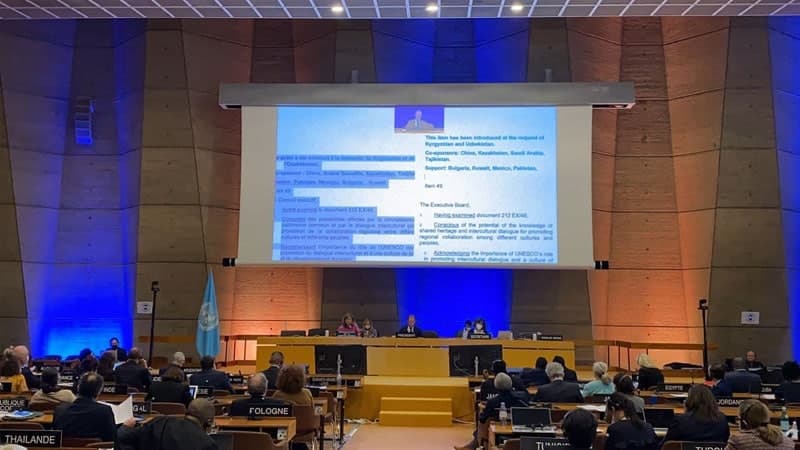
Photo: uzbektourism.uz
On October 20, the Executive Council, one of UNESCO's two main governing bodies, concluded its 212th session. The event has a historical significance for Uzbekistan, as it adopted the draft resolution “Khiva Process: Promoting International Cooperation in Central Asia”, which is the first document of the Uzbek party approved by the UNESCO Executive Board, the Ministry of Tourism and Sports reported.
The document proposes to create a new cooperation platform called “Khiva Process”, initiated by the President of Uzbekistan Shavkat Mirziyoyev on September 14-16 this year at the International Cultural Forum “Central Asia at the crossroads of Civilizations” in Khiva. It supports the decision to launch the “Khiva Process” and calls on the Director-General of UNESCO to dedicate all efforts to implement this initiative on a regular basis, and calls on member states as well as partners to support this platform to strengthen cooperation in Central Asia and beyond.
Despite its regional focus, the scope of support for the document is remarkable. This initiative is supported by Azerbaijan, Bangladesh, Belarus, Bulgaria, Hungary, Gabon, Germany, Democratic Republic of Congo, Egypt, Italy, Kazakhstan, China, Kyrgyzstan, Kuwait, Mexico, United Arab Emirates, Pakistan, Saudi Arabia, Serbia, Tajikistan, Tunisia, Turkey and officially approved by Ethiopia (23 countries in total).
These countries expressed their readiness to establish effective cooperation with Uzbekistan, along with other countries, to fulfill the most important tasks set within the framework of the “Khiva Process”.
Uzbekistan has begun work on the promotion of the resolution of the same name. It will be submitted for consideration and approval at the 41st session of the UNESCO General Conference to be held in Paris on November 9-24.
Related News
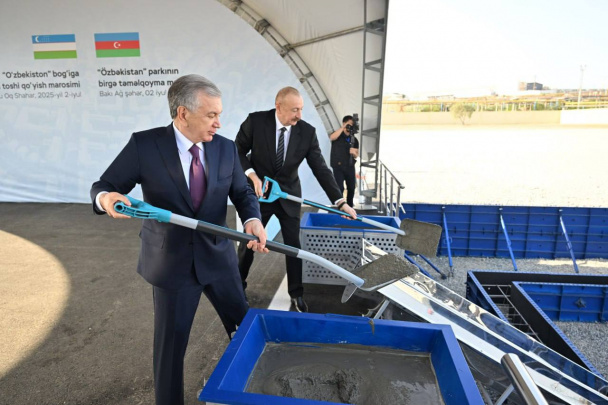
12:09 / 03.07.2025
Uzbekistan-themed cultural park to be established in Baku
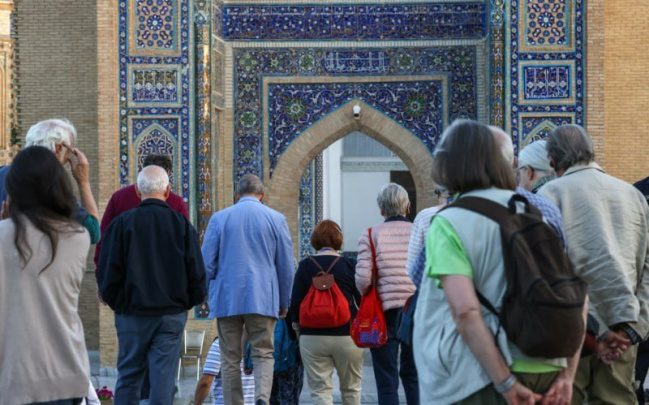
18:47 / 28.06.2025
Tourist arrivals in Uzbekistan surge by 46% in early 2025
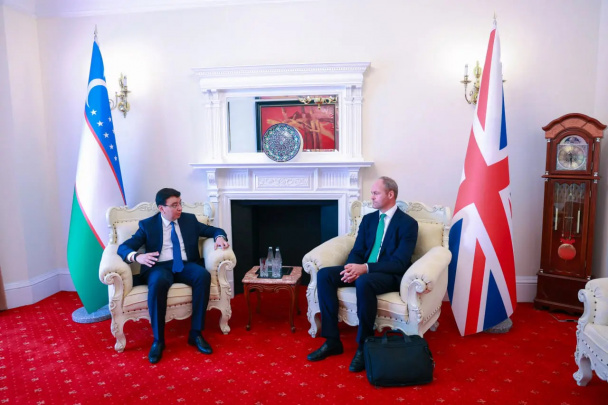
15:18 / 26.06.2025
Bolt considers Uzbekistan market entry with pilot project
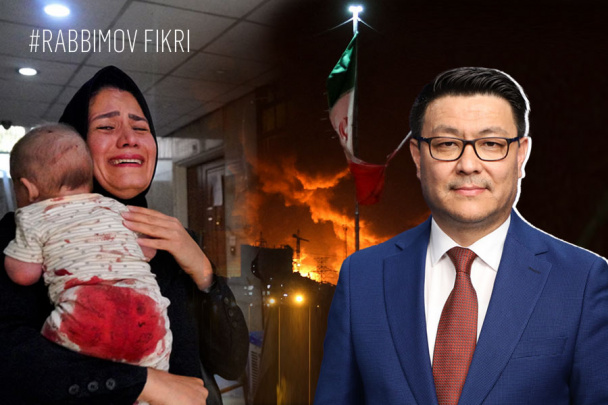
12:45 / 19.06.2025



